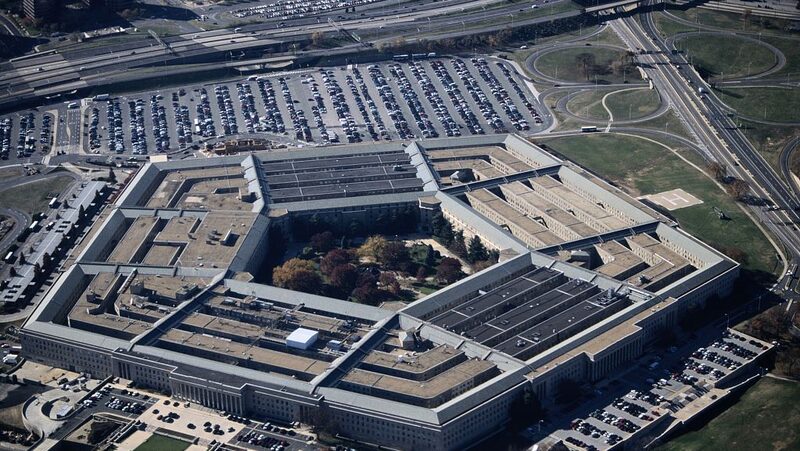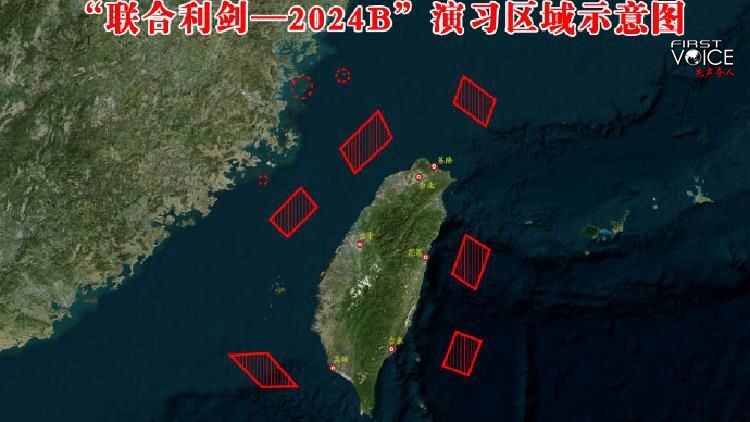The U.S. State Department announced a significant $2 billion arms sale to the Taiwan region on October 25, marking the first inclusion of surface-to-air missile systems and radar in the package. This move has ignited strong protests from the Chinese mainland, with the Foreign Ministry declaring it will \"take resolute countermeasures\" to defend national sovereignty and security.
Amid these developments, Lai Ching-te, the new leader of the Taiwan region, is actively working to amplify Taiwan's international presence. While Lai steers clear of explicitly calling for independence—a step that could trigger military conflict—he is pursuing policies that seek to reduce the Taiwan region's ties with the Chinese mainland.
Zhu Fenglian, spokesperson for the Taiwan Affairs Office, responded on October 27 by criticizing the Democratic Progressive Party (DPP) authority led by Lai. She accused them of \"relying on the United States to seek independence\" and escalating cross-strait tensions by \"seeking independence by military means.\"
The DPP's actions are reportedly receiving support from anti-China factions in Washington, who view Taiwan as a strategic pawn in their efforts to counterbalance China's rise as a major economic and political power. With the U.S. designating China as a \"major rival,\" the \"Taiwan card\" has become increasingly pivotal in geopolitical strategies.
The Biden administration maintains a policy asserting that Taiwan is a part of China and does not support Taiwan independence. However, actions like the recent $2 billion defense package seem to contradict this stance, creating a complex landscape for cross-strait relations and global diplomacy.
Reference(s):
U.S. needs more than 'sweet words' to prove its peaceful intentions
cgtn.com








